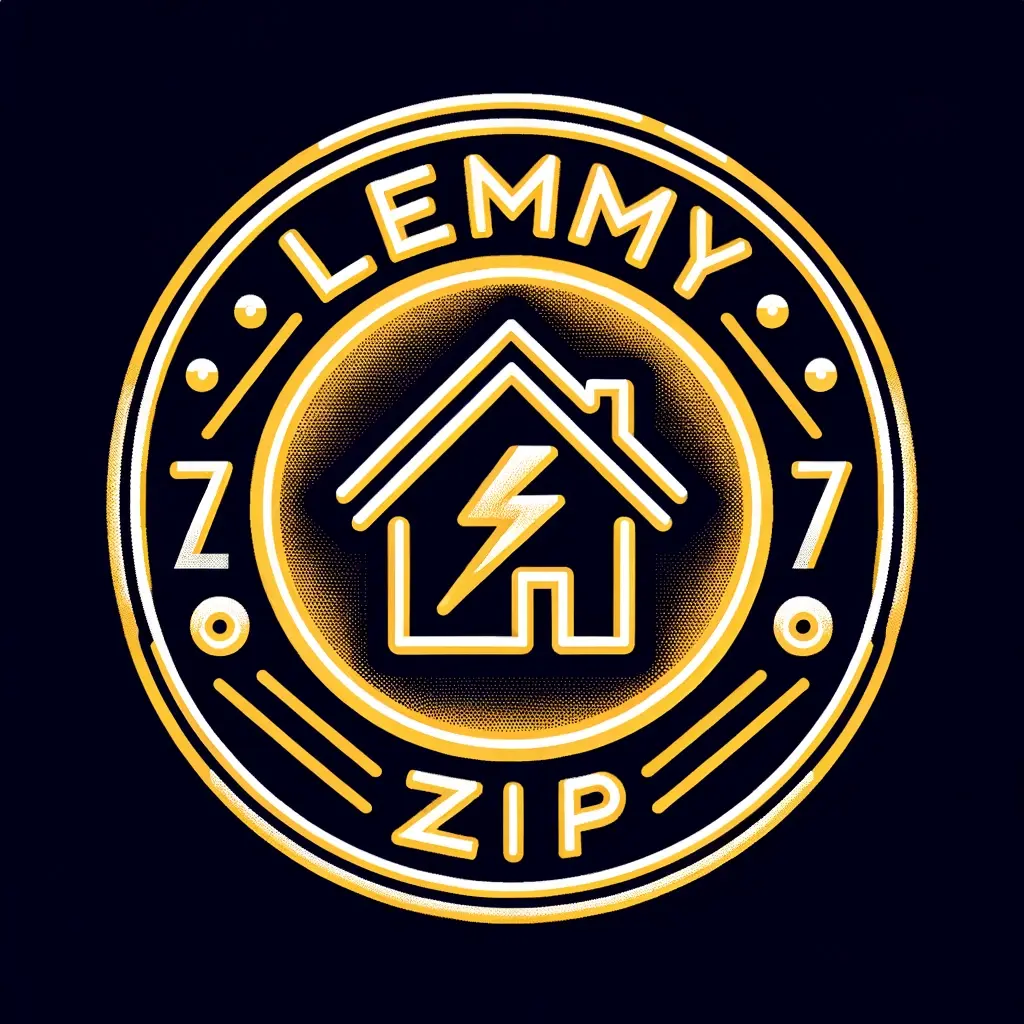

Good job. This post shows that it’s s complicated topic, so squeezing it into a binary answer just isn’t going to work.
However, when it comers specific details, such as your data being sucked up to the servers of a creepy company, you can definitely provide clear answers. In situations like this, I tend to make a spreadsheet that lists all the useful details and rates each browser accordingly. Then, you give your subjective weight to each detail, and calculate a weighted average of each brewer. This final score is highly subjective and debatable, but at least you have some sort of answer that helps you decide what’s best for you.



CommonSense 2024, the best antivirus solution I’ve ever tried. Highly recommend it. Compatible with phones, tablets, computers potatoes etc.